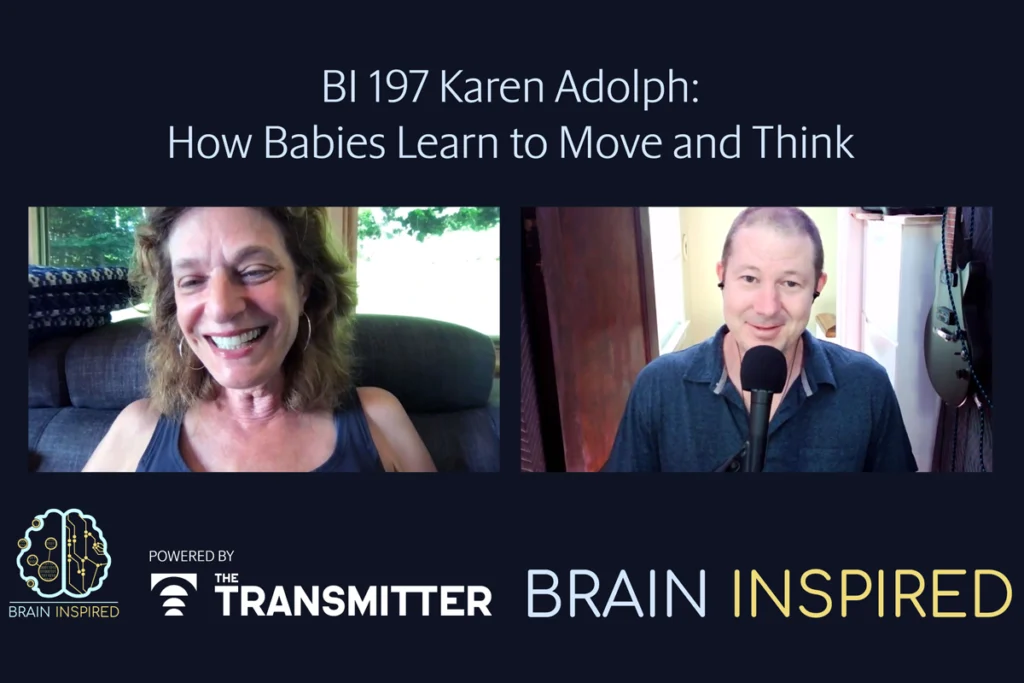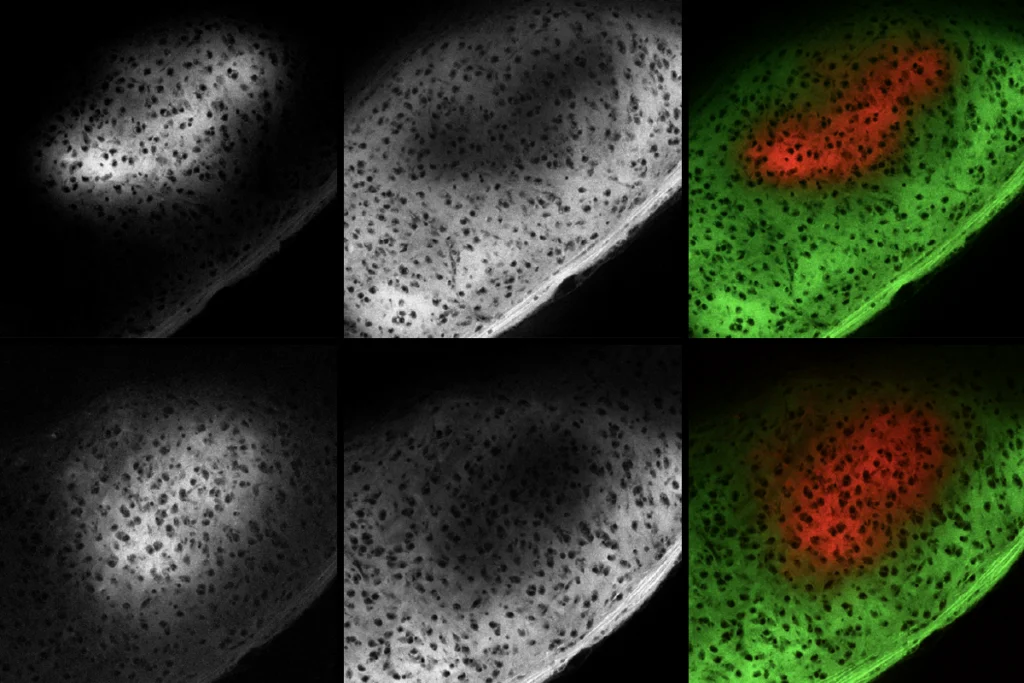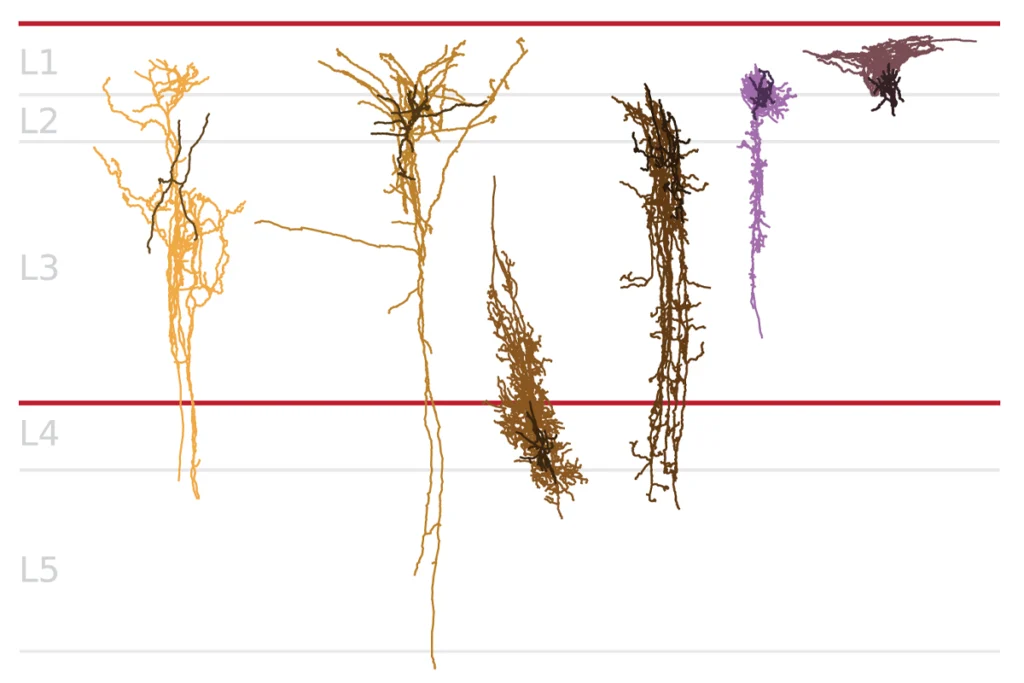John Strang is a pediatric neuropsychologist and director of the Gender and Autism Program at the Center for Autism Spectrum Disorders with the Children’s National Hospital in Washington, D.C.

John Strang
Pediatric neuropsychologist
Children’s National Hospital
From this contributor
Why we need to respect sexual orientation, gender diversity in autism
Autistic people with a minority sexual orientation or gender identity face specific challenges, from having their self-assessments dismissed to difficulties advocating for their gender needs.

Why we need to respect sexual orientation, gender diversity in autism
Explore more from The Transmitter
Karen Adolph explains how we develop our ability to move through the world
How do babies' bodies and their environment teach them to move—and how can robots benefit from these insights?

Karen Adolph explains how we develop our ability to move through the world
How do babies' bodies and their environment teach them to move—and how can robots benefit from these insights?
Microglia’s pruning function called into question
Scientists are divided over the extent to which the cells sculpt circuits during development.

Microglia’s pruning function called into question
Scientists are divided over the extent to which the cells sculpt circuits during development.
Early trajectory of Alzheimer’s tracked in single-cell brain atlases
Inflammation in glia and the loss of certain inhibitory cells may kick off a disease cascade decades before diagnosis.

Early trajectory of Alzheimer’s tracked in single-cell brain atlases
Inflammation in glia and the loss of certain inhibitory cells may kick off a disease cascade decades before diagnosis.